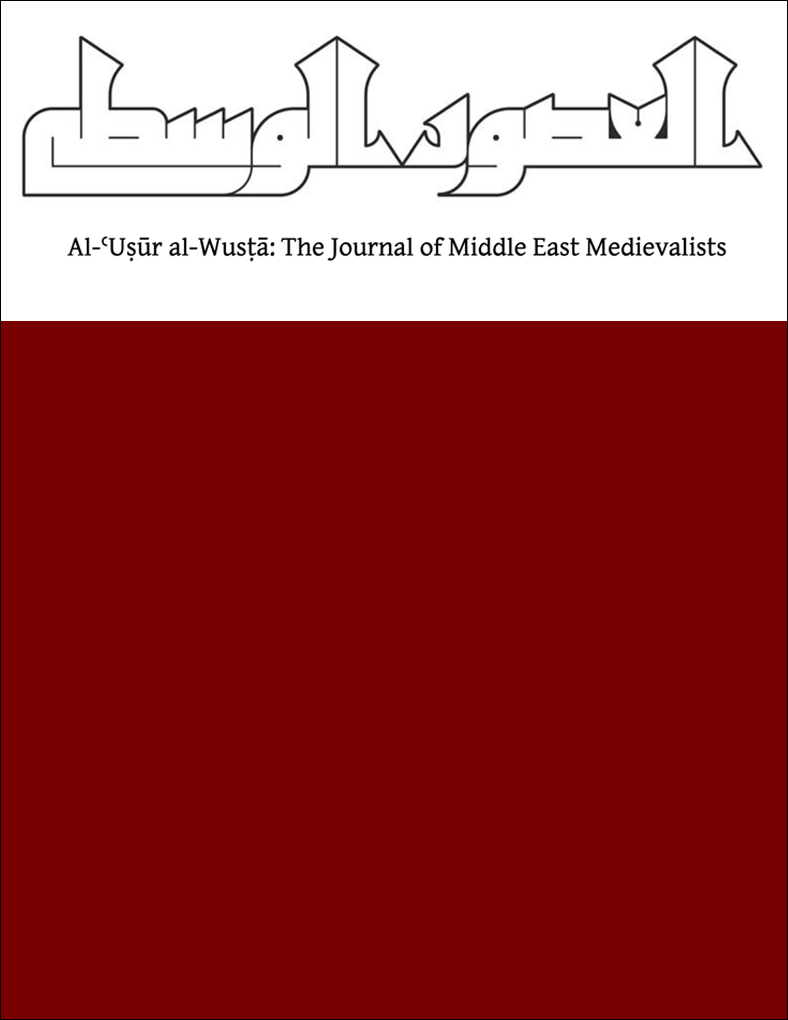Abstract
This thematic dossier is a product of the ongoing research project “Embedding conquest: Naturalising Muslim rule in the early Islamic Empire (600–1000 CE)” (EmCo), financed by the European Research Council. EmCo examines how interdependent relationships between individuals and groups contributed to the early caliphate’s longevity and success. One way to understand how these relationships functioned—including what expectations of rights and responsibilities they produced; how they were established, maintained, broken, and restored; who was involved in making and entitled to make decisions about their character, range, and limits; and who felt ownership over them—is to trace what happened when such relationships were tested and threatened in moments of crisis. Rebellions and violent uprisings form an obvious instance of such moments of crisis. This dossier arose from a workshop that examined social interdependency in the early caliphate through the lens of rebellions.

This work is licensed under a Creative Commons Attribution-NonCommercial-NoDerivatives 4.0 International License.
Copyright (c) 2022 Petra M. Sijpesteijn, Alon Dar

